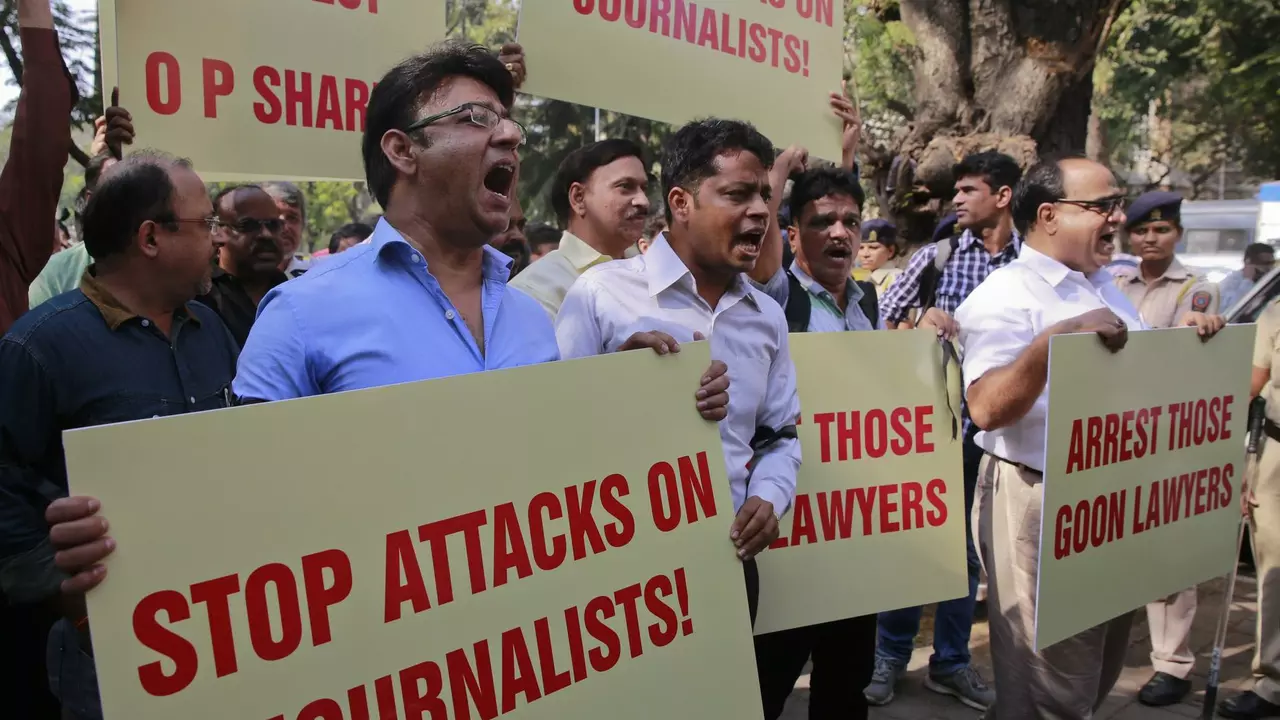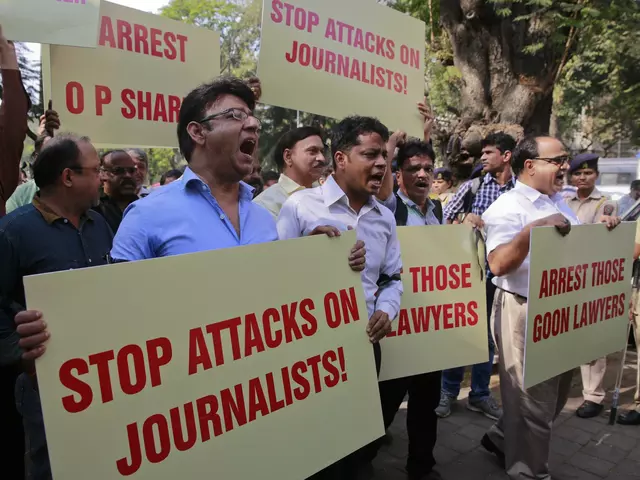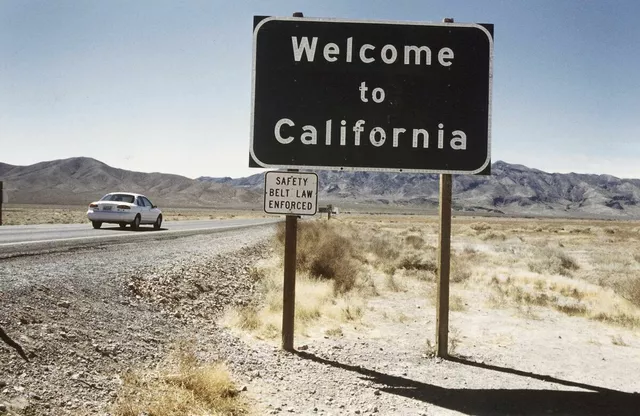
History and Evolution of The Times of India
The Times of India is a historical newspaper, with its roots dating back to 1838. It has evolved over the centuries, adapting to the changing times and tastes of its readers. It has weathered numerous political, social and technological storms, standing the test of time. The newspaper has borne witness to India's struggle for independence, its subsequent partition and the many socio-political changes that have shaped the country. It has reported on world events, bringing international news to the doorsteps of its readers. Its long-standing history certainly adds weight to its authenticity.
Ownership and Editorial Independence
The Times of India is owned by Bennett, Coleman & Co. Ltd., a company that has been in the media industry for more than a century. Despite changes in ownership and management, the newspaper has maintained a level of editorial independence. This independence is necessary for a newspaper to maintain its credibility and authenticity. However, it's also worth noting that the ownership has faced criticism for its alleged influence over editorial policies. This is a grey area that readers should be aware of when assessing the newspaper's authenticity.
Quality of Journalism
The quality of journalism is a major factor in determining the authenticity of a newspaper. The Times of India has a team of seasoned journalists and writers who are experts in their respective fields. They strive to provide accurate, unbiased and timely news to their readers. However, like any other media house, they too have faced criticism for sensationalism and bias. While this doesn’t entirely discredit the newspaper, it is something that readers should keep in mind.
Fact-checking and Ethical Standards
A key aspect of authenticity for any newspaper is its commitment to fact-checking and ethical reporting. The Times of India has a track record of correcting errors and issuing clarifications when necessary. It also has a code of conduct and ethical guidelines for its journalists. However, like any other media organization, it has faced criticism for perceived lapses in these areas. It's important for readers to understand that no newspaper is perfect and occasional lapses don’t necessarily mean the newspaper is not authentic.
Circulation and Readership
The Times of India boasts of one of the highest circulations among English-language newspapers in India. It has a wide readership both in India and abroad. High circulation and readership numbers do lend a certain degree of authenticity to a newspaper. However, they should not be the sole determinants of authenticity. Readers should also consider other factors such as the quality of journalism, fact-checking, and editorial independence.
Awards and Recognitions
The Times of India has been the recipient of numerous awards and recognitions for its journalism. These awards, given by reputable bodies, are a testament to the newspaper's commitment to quality journalism. However, like circulation and readership numbers, awards and recognitions should not be the only criteria for assessing a newspaper's authenticity.
Online Presence and Digital Adaptability
In this digital age, the ability of a newspaper to adapt to online platforms is crucial. The Times of India has a robust online presence with a well-designed website and active social media accounts. It's also one of the first Indian newspapers to have an e-paper version. Its digital adaptability is another factor that lends authenticity to the newspaper.
Public Trust and Perception
Public trust and perception play a significant role in determining a newspaper's authenticity. The Times of India enjoys a high level of public trust and has a loyal readership. However, it's also faced criticism and backlash on certain occasions. This mixed public perception is something that readers should take into account when assessing the newspaper's authenticity.
Comparisons with Other Newspapers
Comparing The Times of India with other newspapers can give a clearer picture of its authenticity. When compared with other Indian newspapers like The Hindu, Indian Express, or Hindustan Times, The Times of India holds its own in terms of quality of journalism, circulation numbers, and online presence. However, it's also received more criticism for sensationalism and perceived bias.
Conclusion: Is The Times of India Authentic?
In conclusion, The Times of India, like any other newspaper, has its strengths and weaknesses. Its long-standing history, wide readership, quality journalism, and digital adaptability lend it authenticity. However, criticisms related to sensationalism, perceived bias, and ownership influence are factors that readers should consider. Ultimately, the authenticity of a newspaper is subjective and depends on individual perspectives.







Write a comment